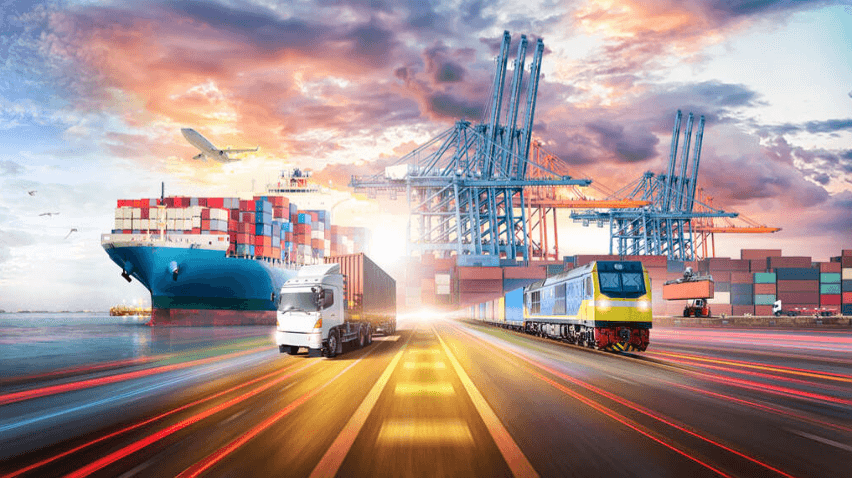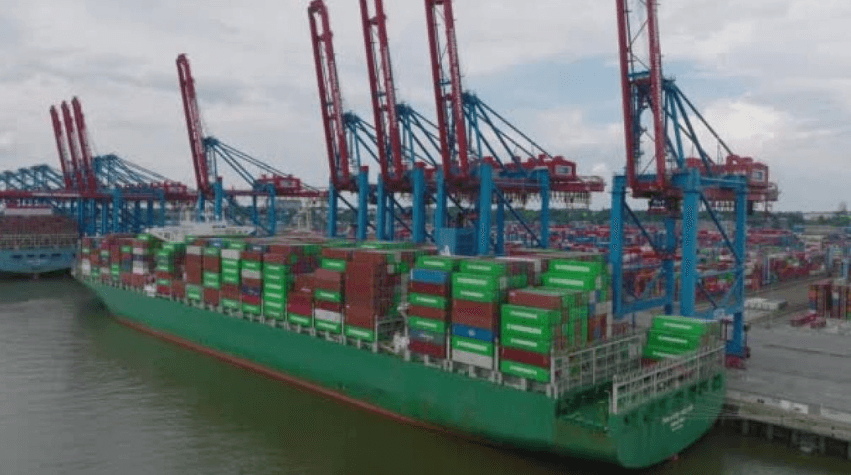Best Practices for Streamlining Global Logistics Operations
The realm of global logistics is a dynamic and rapidly evolving domain in the modern world. It revolves around the intricate art of seamlessly ferrying goods and services across borders, transcending geographical boundaries with efficiency and precision. As the wheels of globalization turn, the importance of global logistics in Australia, and indeed worldwide, has grown exponentially. This multifaceted discipline involves the orchestration of elaborate supply-chain networks that intertwine manufacturers, distributors, and customers. It necessitates the adroit management of multifarious elements, including cost optimization, adherence to delivery schedules, quality standards, customs regulations, and legal compliance. In an era where technological advancements and global competition propel the inexorable expansion of global trade, global logistics assumes an indispensable role in modern business operations. This introduction serves as a compass, charting a course through the intricate landscape of global logistics and elucidating its inner workings.
Definition of Global Logistics
Global logistics is the artful management and harmonious coordination of the intricate processes that underpin the worldwide transportation of goods. It encompasses a diverse array of activities, including the deft handling of supply chains, the meticulous orchestration of customs clearance, the judicious utilization of warehousing, the exactitude of inventory management, the fine art of packaging, and the ballet of delivery. In its all-encompassing embrace, global logistics in Australia also enfolds the realm of international trade regulations and the labyrinthine corridors of customs compliance.
This domain is a vital cornerstone for any business with international aspirations or a customer base spanning multiple countries. It mandates the swift and efficient transportation of products from one locale to another, executed with minimal disruptions or delays. Achieving this necessitates a carefully choreographed dance, an elegant interplay of logistical systems at each stage of the process.
Global logistics is a realm that transcends the physical realm, reaching into the digital domain as well. It engenders a symphony of communication, linking diverse entities across the globe. Suppliers, manufacturers, retailers, distributors, and customers from disparate corners of the world converge in this digital arena. Here, data flows freely, including product availability, shipping rates, shipment tracking, customer service information, invoices, payment details, customs documents, and insurance policies. This intricate tapestry of data knits together the global logistics web, ensuring that shipments arrive unscathed and punctual, unaffected by mishandling or mismanagement throughout their journey across the supply chain.
Benefits of Global Logistics
In the unforgiving arena of global commerce, an adept logistics system is the anchor that tethers businesses to success. Global logistics, the choreography of goods and services from their genesis to their destination, encapsulates all facets of the intricate ballet involving the flow of goods, services, information, and finance between two or more points. It orchestrates a symphony of processes, ensuring that products traverse the globe seamlessly, unimpeded by barriers or bottlenecks. The benefits reaped from the art of global logistics are manifold and integral to businesses navigating today’s interconnected world.
- Lower Costs: Global logistics provides the means to reduce the overall transportation expenditure. Employing efficient methods, such as sea freight or air freight, instead of land-based transport modes, shaves fuel costs and curtails labour expenses associated with the loading and unloading of shipments at ports or airports. Additionally, many global logistics providers extend discounts for larger shipments, further diminishing the financial burden of transportation.
- Enhanced Responsiveness: With a global logistics network in place, companies can nimbly respond to customer orders emanating from any corner of the world. The constraints of time and distance are obliterated, and businesses can meet customer demand expeditiously, fostering heightened customer satisfaction.
- Amplified Visibility: Global logistics employs advanced tracking technologies, such as GPS and…
Potential Challenges Faced in Global Logistics
As the global logistics industry experiences meteoric growth, it simultaneously ushers in a set of potential challenges that businesses must deftly navigate during international shipping endeavours.
One such formidable challenge arises from the labyrinthine world of customs regulations and paperwork. Each country boasts its own distinct set of rules and regulations governing the importation of goods. Compliance with these regulations is not optional but imperative to prevent delays and avert additional costs. A comprehensive understanding of each nation’s specific requirements is a prerequisite for smooth international shipping. Inadequate comprehension of these regulations may culminate in hefty fines or other punitive measures. The accompanying paperwork can rapidly become a Gordian knot when dealing with multiple countries during a single shipment.
Ensuring the security of cargo while in transit emerges as another complex challenge. Malefactors may attempt theft or tampering with shipments, resulting in increased costs through the replacement of damaged items or revenue losses due to stolen goods. The implementation of security measures, such as CCTV cameras at warehouses and tracking devices on containers, serves as a bulwark against these risks. However, these protective measures come at an added cost that businesses must account for when venturing into international shipping.
Natural disasters pose yet another threat to the unerring flow of global logistics. Events such as floods, hurricanes, or earthquakes along the chosen shipping route can wreak havoc on supply chains, disrupting the seamless movement of goods. To circumvent such risks, businesses must remain vigilant and implement contingency plans to mitigate the impact of such calamities.
Examples of Companies Utilizing Global Logistics
In the unforgiving arena of the global economy, companies that harness the power of global logistics gain a competitive edge, allowing them to operate more efficiently and extend their reach to customers across the world. International shipping services are the conduit to cost savings and global expansion. Here are some prominent examples of companies that have leveraged global logistics to achieve remarkable success.
Amazon: The e-commerce juggernaut, Amazon, epitomizes the successful deployment of global logistics. Amazon orchestrates the seamless dispatch of products worldwide from its colossal warehouses, strategically positioned in the United States, Europe, China, India, Japan, and other strategic locations. Furthermore, Amazon has cultivated strategic alliances with several international carriers, including DHL and FedEx, affording them competitive international shipping rates.
Apple: Apple, one of the world’s premier technology companies, has masterfully employed global logistics networks to its advantage. By dispersing its manufacturing facilities across diverse countries such as China, India, and the United States, Apple can swiftly produce copious quantities of goods at competitive prices for customers spanning the globe. Apple adroitly capitalizes on various delivery services, including UPS and DHL, to ensure the prompt delivery of its products to customers worldwide.
Nike: Nike, a powerhouse in the realm of sports apparel and footwear, has harnessed the potential of global logistics networks with remarkable finesse. Nike has established a strategic global network of manufacturing facilities to meet the demands of an international customer base. This astute positioning enables them to produce goods cost-effectively while maintaining their competitive edge. Nike further augments its global logistics prowess by utilizing…
Conclusion
In summation, global logistics stands as an indispensable pillar of the modern business landscape, enabling organizations to access a diverse array of resources and services with unparalleled efficiency. Through the art of global logistics, businesses tread the path of cost reduction while meeting customer demands with unerring punctuality. The success of any enterprise hinges on its ability to navigate the intricate supply chain currents of global logistics with precision and finesse, leveraging it not merely as a tool but as a strategic advantage in the pursuit of global competitiveness.


